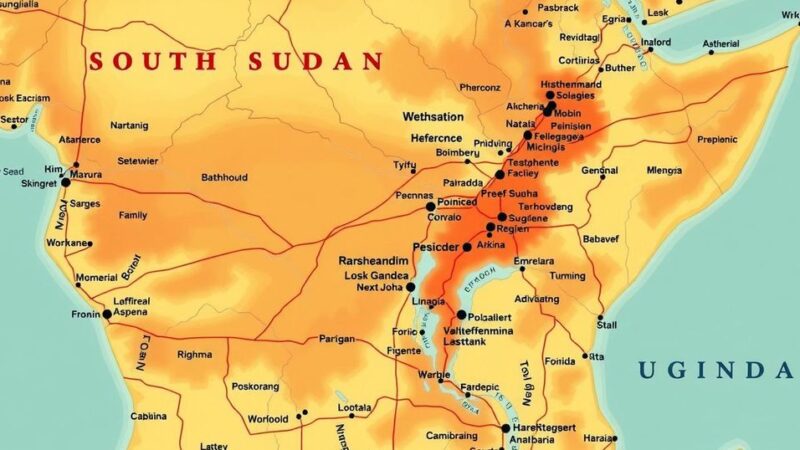The future of Gaza post-conflict revolves around reconstruction, political reform, and the pressing need to distance Hamas from power. Egypt’s proposed reconstruction plan seeks to prevent mass displacement while coordinating efforts with the Palestinian Authority to facilitate a stable and engaged rebuilding process. The initiative calls for international support and embraces a comprehensive approach toward peace in the region, emphasizing humanitarian needs and the Palestinian right to land.
The challenge of effectively addressing the future of Gaza, particularly in terms of reconstruction and reviving the peace process, is of utmost importance. There is a significant distinction to be made between the rightful resistance against occupation and the detrimental actions of Hamas, which have severely hindered the progress of the Palestinian cause over the years. Despite the destruction Gaza has faced multiple times in the last two decades, primarily due to Hamas’s misguided ambitions, the current situation is unprecedented, with casualties and infrastructure damage reaching alarming levels.
The United Nations estimates that the cost of rebuilding Gaza will be a staggering $60 billion, necessitating substantial financial support from Gulf and Arab nations. Recently, during the Arab Summit in Cairo, Egypt presented a reconstruction proposal designed to retain the current population of Gaza, countering former President Donald Trump’s controversial suggestion for the relocation of Palestinians. Trump’s portrayal of Gaza as a luxurious destination in an AI-generated video has caused outrage among Palestinians and Arab communities alike.
Crucially, Egypt’s reconstruction plan is predicated on the condition that “Gaza cannot be rebuilt while Hamas remains in power,” reflecting the financial backers’ concerns informed by past experiences. The plan calls for coordination with the Palestinian Authority (PA) while effectively marginalizing Hamas both politically and administratively. The recent conflict has illuminated the truth that Hamas poses a burden not only for Palestinians but also for the entire region. Therefore, any reconstruction efforts must seek to dismantle Hamas’s power while respecting the legitimate right to resistance.
In a notable development, following the Arab Summit, Hamas expressed support for Egypt’s reconstruction initiative and upcoming Palestinian elections. President Mahmoud Abbas’s address indicated significant progress, as he extended amnesty to previously dismissed political figures, including potential presidential contender Mohammed Dahlan. Moreover, the PA has commenced restructuring its leadership and revitalizing its institutional framework to promote reforms and donor support.
The humanitarian disaster in Gaza necessitates clear strategies for clearance, reconstruction, and stability. Cairo is exploring effective methods to rebuild, including utilizing solar energy and recycling debris. This endeavor is closely linked to ongoing political reforms within the PA, designed to attract international assistance. Furthermore, discussions are underway for a temporary administrative body comprised of non-partisan technocrats, ensuring transparent financial management.
For Egypt, the reconstruction of Gaza must integrate a larger peace strategy that addresses security and territorial integrity to prevent reoccupation or mass displacement of residents. Egypt emphasizes its steadfast rejection of mass displacement, viewing it not only as a humanitarian crisis but also as an existential threat to the Palestinian cause, which fundamentally rests on the people’s right to their homeland.
The future of Gaza hinges on effective reconstruction and political reform, emphasizing the need to distance Hamas from power while addressing humanitarian crises. Egypt’s reconstruction plan, framed by the principle of avoiding mass displacement, seeks to navigate the complexities of regional politics and warfare. The impending tasks include securing international support and fostering dialogue among Palestinian factions to ensure a peaceful and stable future for Gaza.
Original Source: www.dailynewsegypt.com






